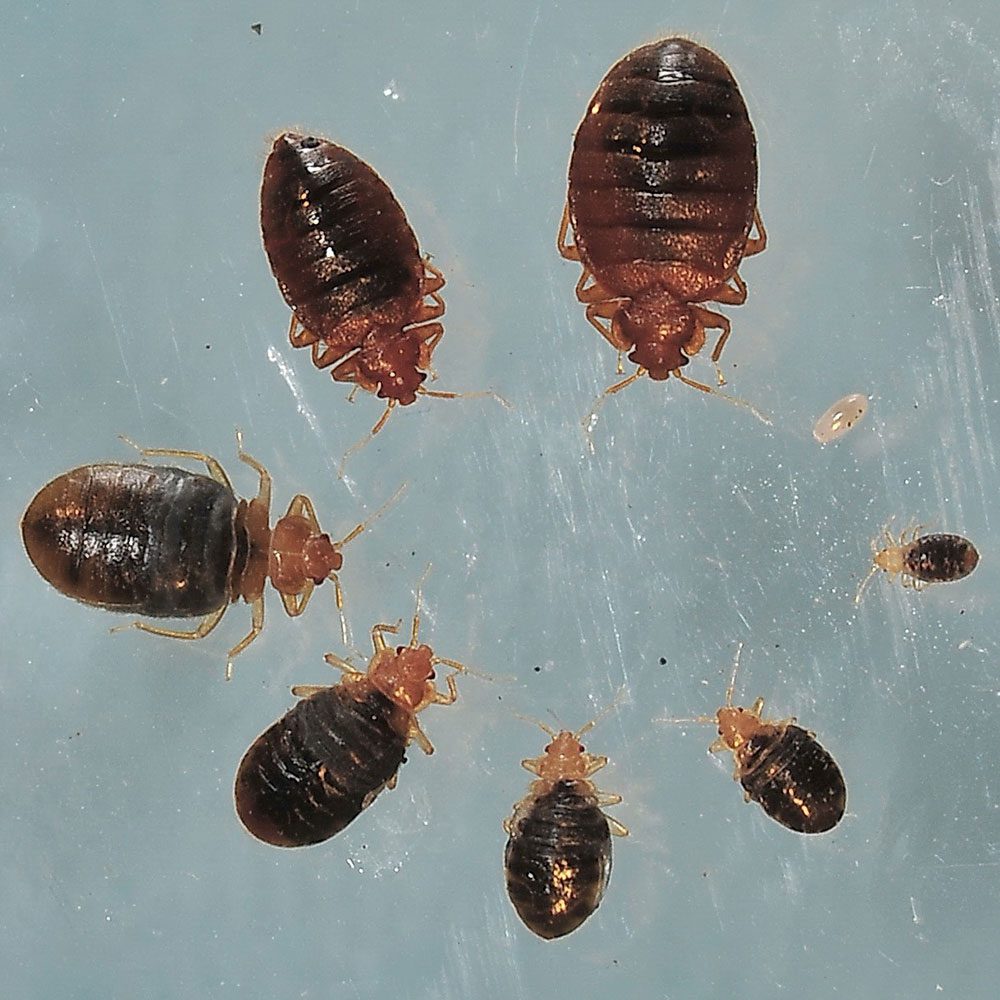If you woke up one morning with just one bedbug, would you need to worry about an infestation starting? Does it depend on whether there are other signs of bed bugs? No matter what type of bed bug you encounter, one single bug still has the potential to start an infestation. Here’s why that’s true—and what you can do about it. Read on to learn more about can one bed bug start an infestation?
Infestation Can Escalate Quickly!
Bed bugs are not only hard to find and exterminate, but they also can multiply quickly. One female bedbug has the potential to lay up to 500 eggs in its lifetime, which means that if it takes five months for a female bedbug to reach maturity and lay eggs every month, there could be as many as 75 new bedbugs in your home after just 6 months. If you see any signs of bed bugs or their droppings, it’s essential to contact a pest management professional right away.
Bed Bugs Are Prolific Breeders
Bed bugs, although not known for rapid population growth, are prolific breeders. According to the CDC – Bed Bugs one female bedbug can lay up to five eggs per day, and a typical female will produce 1-2 batches of eggs in her lifetime. The eggs require around 10 days to hatch into nymphs. Nymphs then require about three weeks before becoming adults and can reproduce themselves.
As you can see from this brief explanation, it is easy to see how quickly a few bedbugs could become hundreds or thousands. Additionally, bedbugs don’t always start as adults: Sometimes, they begin their lives in egg or larva stages; these immature insects are more difficult to detect since they’re so small and may be hidden by furniture or other clutter near beds.

Bed bugs are Hard to Kill
These nuisances are notoriously hard to kill because they’re small, numerous, and live in cracks and crevices. They hide out during the day and come out at night to feed on human blood. A single female bed bug can lay up to five eggs per day, so it’s easy for a few bugs to turn into many quickly. It takes time for these new nymphs to reach maturity and begin laying their eggs. The length of this process varies by temperature but could be a year or more in cooler temperatures.
Bed Bug Infestations
Thankfully, preventing a single bed bug from turning into a full-blown infestation is not tricky. If you find yourself in this position, there are two things you should do right away. First, call your local pest control company and ask for a free inspection. Second, immediately apply the most effective treatment solution to the area where the bed bugs were found. This will kill any eggs or bugs that may be present on the same surface and prevent them from spreading through your home and causing an infestation.



